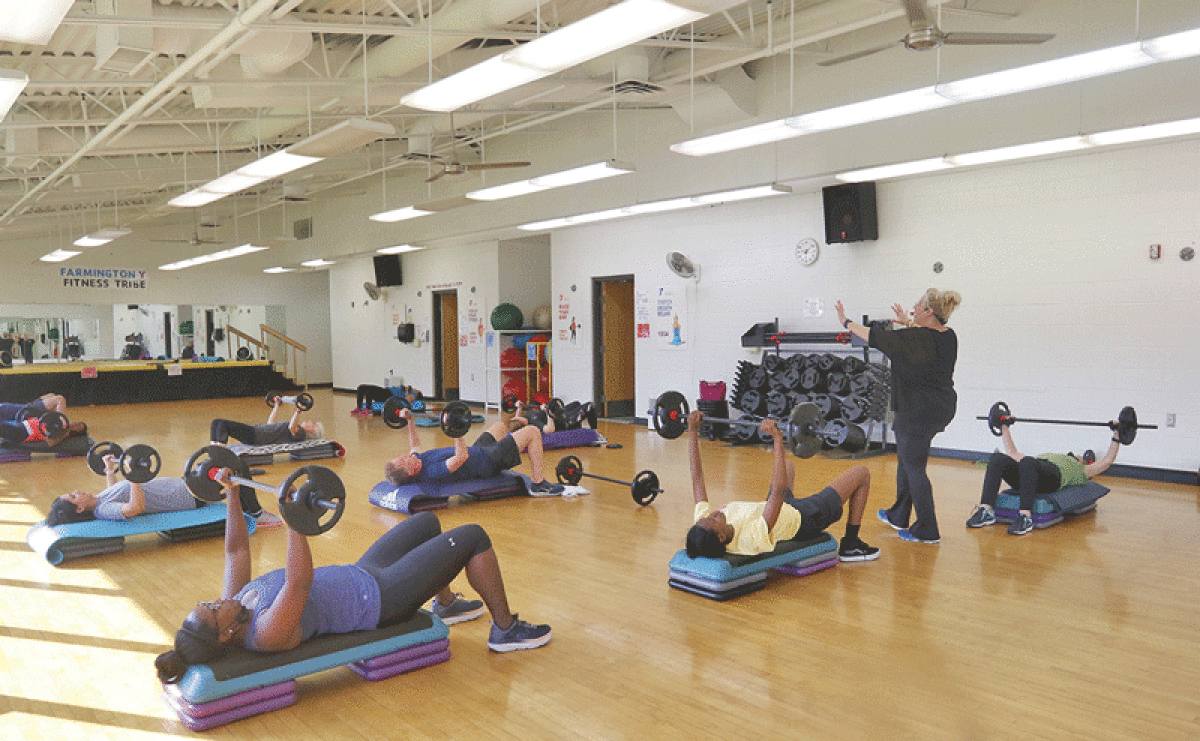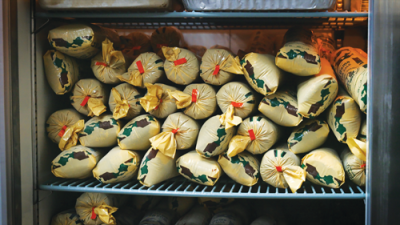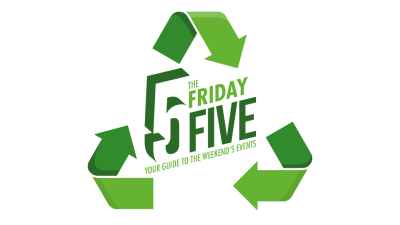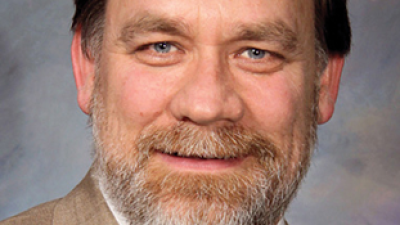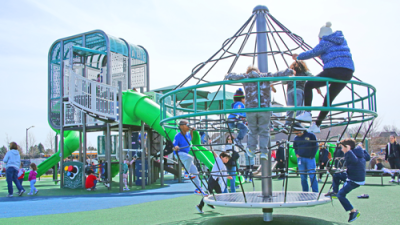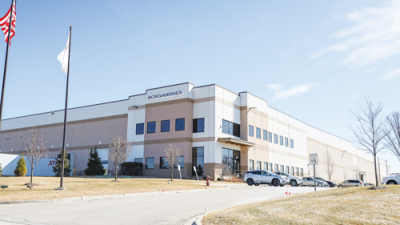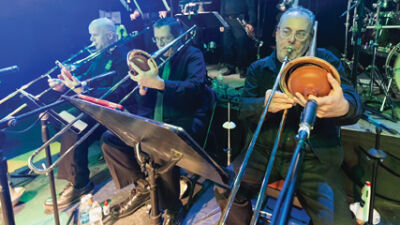FARMINGTON HILLS — This year, the YMCA turns 170 years old.
Over the years, the not-for-profit social services organization once known as the Young Men’s Christian Association has played an essential role in the lives of many people in various parts of the world.
“The Y is an inclusive organization of men, women and children, joined together by a shared commitment to nurturing the potential of kids, promoting healthy living and fostering a sense of social responsibility,” its website states.
A local option for those who enjoy what the Y has to offer is the Farmington Family YMCA, located in Farmington Hills.
The facility offers a health and wellness center, an indoor running and walking track, a pool, a gymnasium, racquetball courts, aerobics and functional training studios, and more.
From the perspective of Douglas Edwards, who is the executive director of the Farmington Family YMCA, the Y offers “programs that make a positive impact in the community.”
In a press release, the Y noted challenges, followed by solutions.
One of the challenges includes cancer survivors who have difficulty with mobility and physical activity.
A solution is LIVESTRONG at the YMCA, which is an “evidence-based program that helps adult cancer survivors reclaim their health and well-being following a cancer diagnosis.”
It is a 12-week program that has no cost for participants and is facilitated by YMCA certified instructors who are trained in cancer survivorship, post-rehabilitation exercise and supportive cancer care.
Another challenge is drowning risks, which is the leading cause of accidental death among children, according to the release.
As for a solution, “The Y swimming lessons are the most accessible community resource to prevent drowning and encourage a lifelong enjoyment of swimming,” the release states.
To help bridge an education gap for students during the summer, the Y also offers Camp Riley, which “focuses on strengthening the areas of academics, social-emotional learning and financial literacy.”
According to Edwards, the Y also has food distribution days, with meals being provided for community members on those days.
Residents can donate to those programs by visiting ymcadetroit.org/give.
“The great thing about anyone that donates — you can tell us where you would like to donate,” Edwards said. “So for example, one of our board members, they wanted a piece of their donation to go to our healthy living department. That department works with the county and state, and we have food distribution days and times, and they go directly to that program to help provide fresh food and meals for the community.”
Edwards recently reflected on the Y’s history and the role it plays in communities.
He described its history as “special.”
“I run into people outside of the Y — spending some personal time outside of work, traveling or going to the grocery store, and typically, I find someone with a Y story,” Edwards said. “Every single person takes away something that they felt impacted either themselves or the community. That’s what’s so great about the Y. There’s a positive impact in the community, to make it better.”
Aside from physical fitness activities community members can partake in at the Y, there is something else Edwards thinks helps draw people to the facility.
“The social aspect,” he said. “We have coffee, tables and a lobby, and some families or individuals come in, (and) they’ll sit down and talk to their fellow members. Or we may have parents that drop their kids off at child watch and spend an hour on the computer so they can get some free time and use our Wi-Fi. So there’s various reasons why the community comes here.”
Abigail Sacco directly supervises before- and after-school programs for the Y in multiple communities across metro Detroit, along with helping to support the nonprofit with its day camps.
She touched on another aspect of the Y that appeals to some residents.
“We provide out-of-school time (and) positive experience for youth,” Sacco said. “It’s a safe place for families to send their kids. Families know their kids are safe with us, and they’re engaged in positive programming and curriculum.”
There is currently a high demand for the value that the Y provides for children and families.
“We are the largest provider of child care and out-of-school time across the country,” Sacco said. “It’s so valuable right now that our camps have wait lists, so we know that it’s a need. … I would say, just based on the fact that we have wait lists, it’s a very valuable asset to the community.”
Edwards said that memberships at the Farmington Family YMCA are currently “fluctuating,” but around 2,300.
As has been the case with many organizations and businesses, COVID-19, at least at times, has impacted the number of people who utilize the facility.
“Every time there’s a spike (in reported COVID-19 cases) … usage kinda goes down, and then it goes back up after the spike is gone when it comes to COVID,” Edwards said.
Depending on whether it’s an individual or family, Edwards said membership fees range from $39 to $86 per month.
“We have (a) scholarship program, so if individuals feel they’re unable to afford that, we have the opportunity to see what we can do for them to reduce the cost,” he said.
The YMCA can mean different things to different people, and Edwards pointed out some of the nonprofit’s appeal.
“We’re more than just a gym,” he said. “We’re excited that we’re able to provide certain amenities and services, but at the Y, you can join, give and serve to make every day better. You don’t just have to be a member.”
 Publication select ▼
Publication select ▼